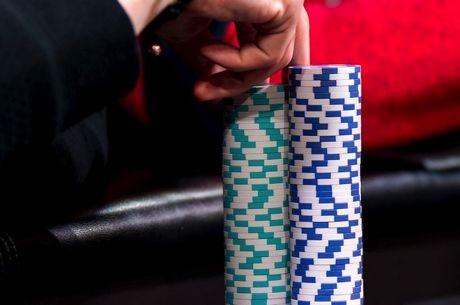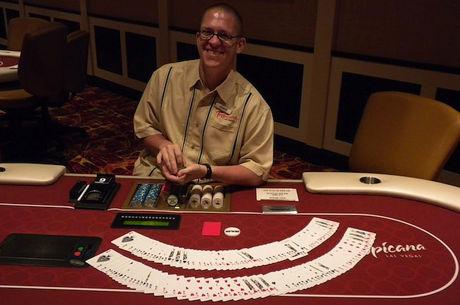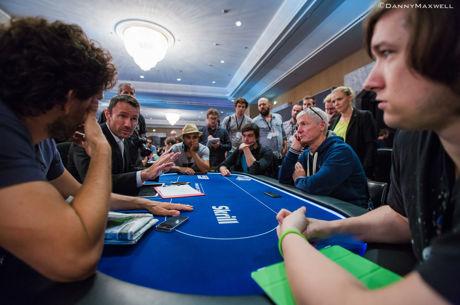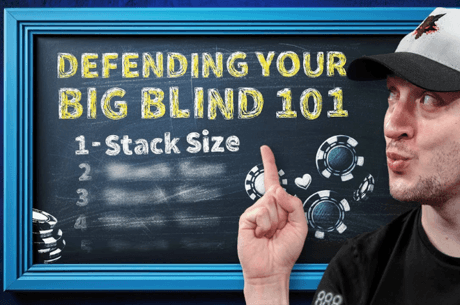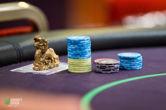Poker Habits: 13 Bad Ones to Avoid
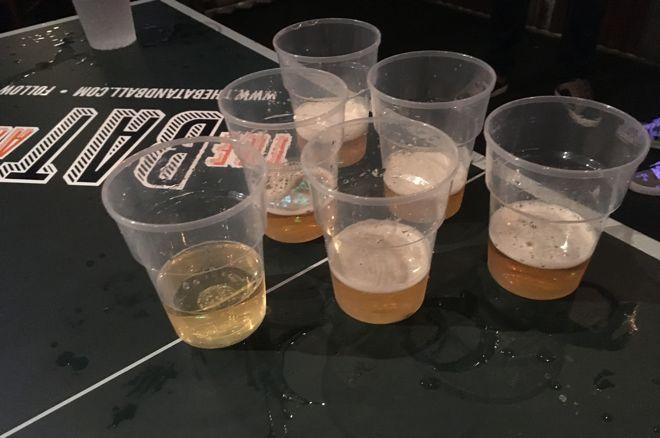
In my last column I identified 16 good poker habits to adopt. Here is a list of 13 bad habits to avoid in order to help improve your game.
1. Prematurely getting ready to fold
Many players get into the habit of lifting up their cards in anticipation of folding before it is their turn to act. While you do not want to unnecessarily delay action, since the act of folding takes all of a micro-second there is no need for preparation. Showing early that you are readying to fold signals that you are weak to players who have not yet acted.
While that may not matter to you in that particular hand — after all, you're folding — it could come back to bite you in future hands when your failure to act in this manner may prevent players with borderline hands from entering the pot. Seeing you aren't about to fold, they may figure you are strong and fold themselves, thereby depriving you of their money.
2. Looking to the right when you know you're going to fold
You do not want to reveal what you are going to do by showing any physical reaction to your cards, not until everyone who has yet to act before you has done so.
Looking to the right so you can immediately find out when it is your turn to fold is just giving your opponents free information — not just about your weak hand, but about future strong hands when you fail to look.
3. Counting chips in anticipation of betting
This is truly a "newbie" mistake — getting ready to put in a bet when you have a good hand by getting the chips ready early. There's no need to do this. You can and should delay the quick action of the game by waiting until it is your turn to act before you count out any chips you're going to use to call or raise a bet.
4. Slow playing strong flops
Beginning and intermediate players often do this automatically. They try to get "clever" by habitually playing their very strong hands slowly. When they hit a set on the flop, for example, they automatically refuse to betray the strength of their hand, only checking or calling a bet.
This is a very bad habit to get into, as many times, if not most of the time, the better action is to be aggressive. Your aggression or passivity should be determined by the situation you are in, not your habit of play. You need to turn off the auto-pilot, and think through the most profitable line of play for each situation.
5. Talking when you hit your hand
There is often a strong internal release of energy when you hit strong hands. One behavior that frequently results as a manifestation of that energy release is to start talking. Many players — new, intermediate, and veterans alike — just can't seem to refrain from playful banter when they are feeling particularly good about their chances of winning.
Plug up this leak by stifling the urge to talk when you're very strong.
6. Glancing at chips on a strong flop
Many players instinctively look down at their chips when they hit a good hand on the flop. It's a classic tell that has made observant players millions.
Avoid this tell by consciously refraining from this eye movement after you look at the flop, no matter how it helps or hurts your hand.
7. Staring at the board on the flop
Much like the last tell, many players can't resist the temptation to continue to look at the flop when it misses their cards. Don't do that. Adopt the same practice of briefly looking at the flop and then looking somewhere else — again, no matter how it helps or hurts your hand.
8. Resting on elbows and slouching
These and other habits of movement and posture at the poker table can be extremely draining and can even be injurious over time. At the very least, the habit of leaning down on your elbows and collapsing your head and neck into your shoulders will drain energy and prematurely end what might be an otherwise long and profitable session.
Replace this bad habit by consciously allowing your head and torso to be more erect and your shoulders more relaxed.
9. Drinking alcohol
Alcohol diminishes your ability to think. Habitually drinking is absolutely detrimental to your game. Sure, having a beer or glass of wine from time to time might be fine, but know that drinking too much necessarily undermines your ability to win.
10. Playing interactive games at the table
I see many players focused not on the action at the table but on interactive games on their tablet (or phone). They do this constantly. While poker does get boring — especially when bad or inexperienced players take forever to act — having an engaging distraction that keeps your head out of the game can only hurt you.
Need something else to do? Have a static activity like a crossword puzzle or a book (on your tablet or phone if you want) that doesn't continue without you when you are attending to the poker game. Any other, ongoing game that will constantly draw you away from the poker game — because you can't resist the urge to continue with the other game's action — is anathema to solid play.
11. Smoking
Yes, I know it's really an addiction, not just a habit. Even so, I include it here because it has much the same effect as a habit. Players who would otherwise be engaged in the hand are frequently distracted when at the tables by their need to smoke, and (of course) often driven to leave the poker game, poker room, and building that houses the poker game in order to satisfy that need.
While regular, intentional breaks from the action do make sense, doing so out of a compulsion or addiction to smoking doesn't.
12. Sitting in the first seat you see
Get out of the habit of automatically and quickly getting into the first seat in the first game you see upon entering a poker room. You want the best seat in the best game. And if there are no good games, you may want to pass on a session entirely.
The difference between a seat in a good game and a seat in the first seat available could well be the difference between a winning and losing session. If you're in the habit of taking the first seat you see without scoping out the games, you're depriving yourself of one of the best opportunities to engage in profitable play.
13. Gambling
Ironic though it sounds, gambling is a terrible habit for many poker players that sucks from their pockets money that might otherwise be the profitable product of good poker play. By gambling I mean playing those casino games that are always negative EV for the player — like dice, roulette, Keno, blackjack, sports betting and horse racing for most players. (If you're a skilled blackjack player or a successful sports or horse handicapper, well, maybe that's an exception.)
Even so, if your head is in the latest horse race or sporting contest, you're probably not giving the requisite attention to the poker game you're in, costing you money in the process.
Ashley Adams has been playing poker for 50 years and writing about it since 2000. He is the author of hundreds of articles and two books, Winning 7-Card Stud (Kensington 2003) and Winning No-Limit Hold'em (Lighthouse 2012). He is also the host of poker radio show House of Cards. See www.houseofcardsradio.com for broadcast times, stations, and podcasts.

